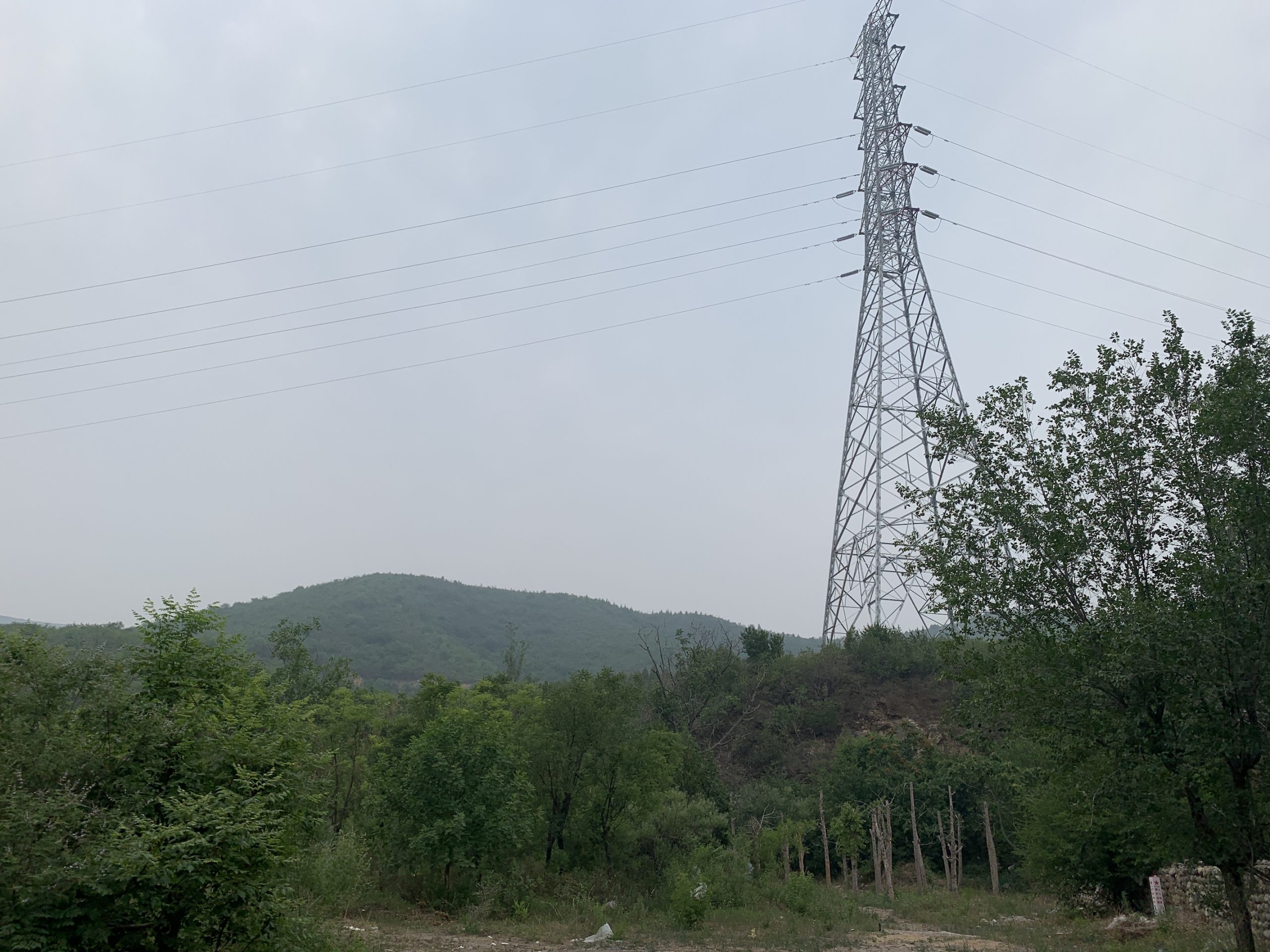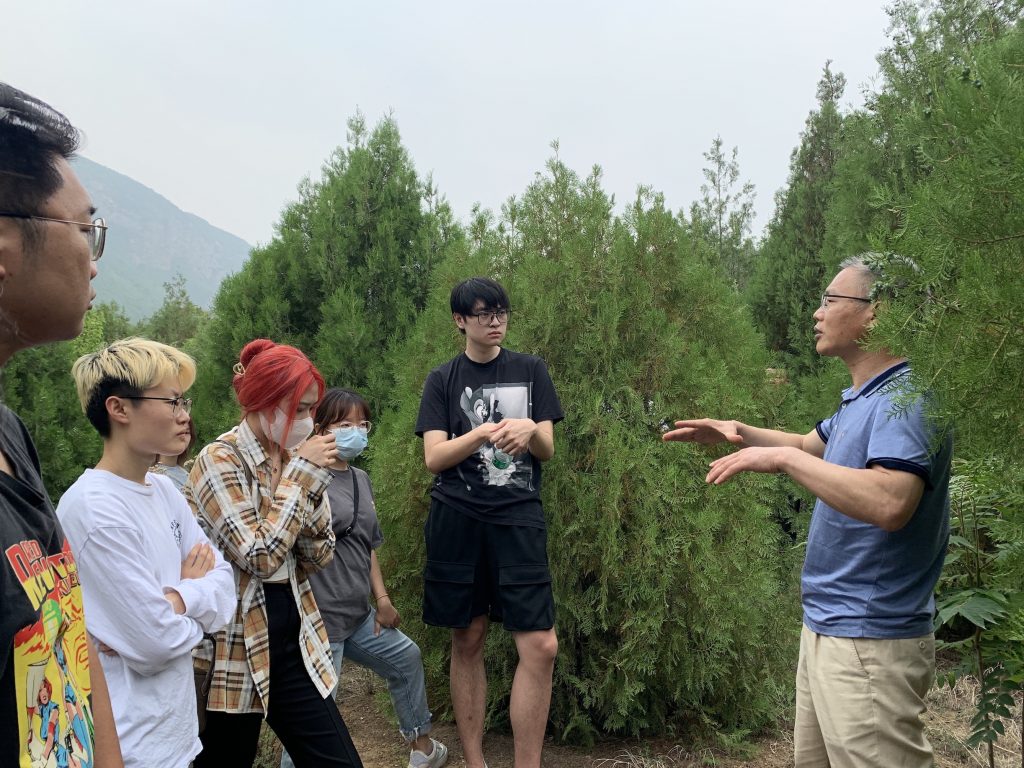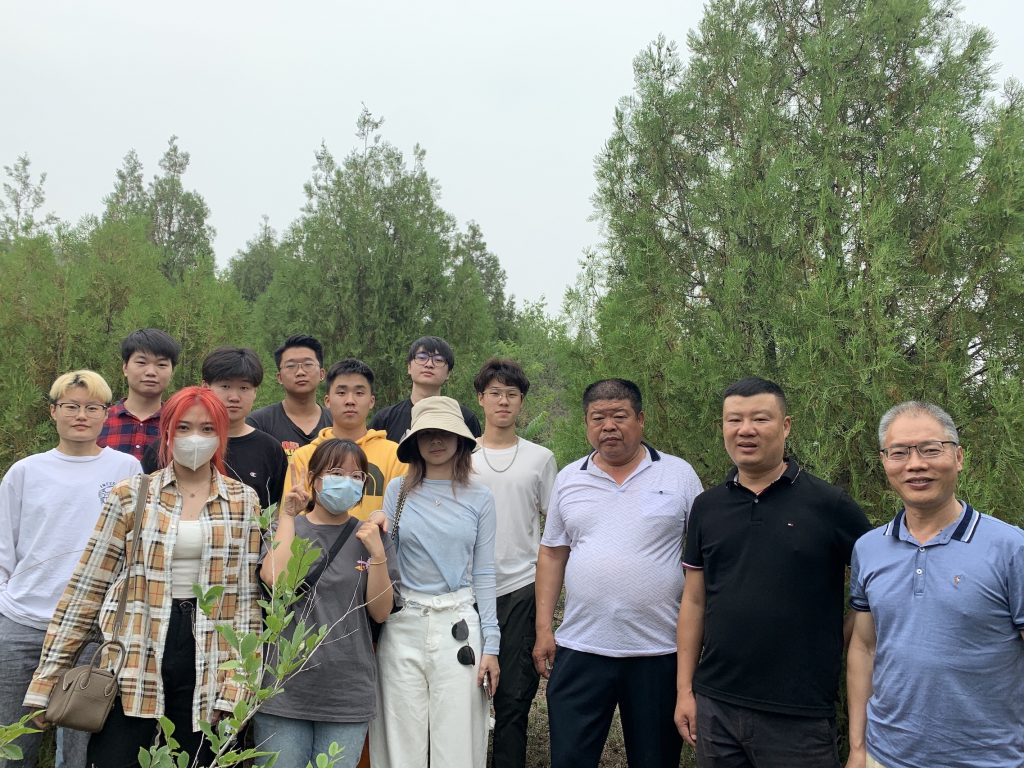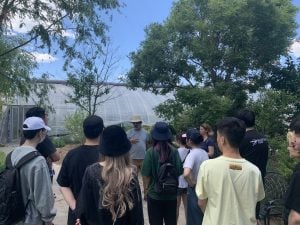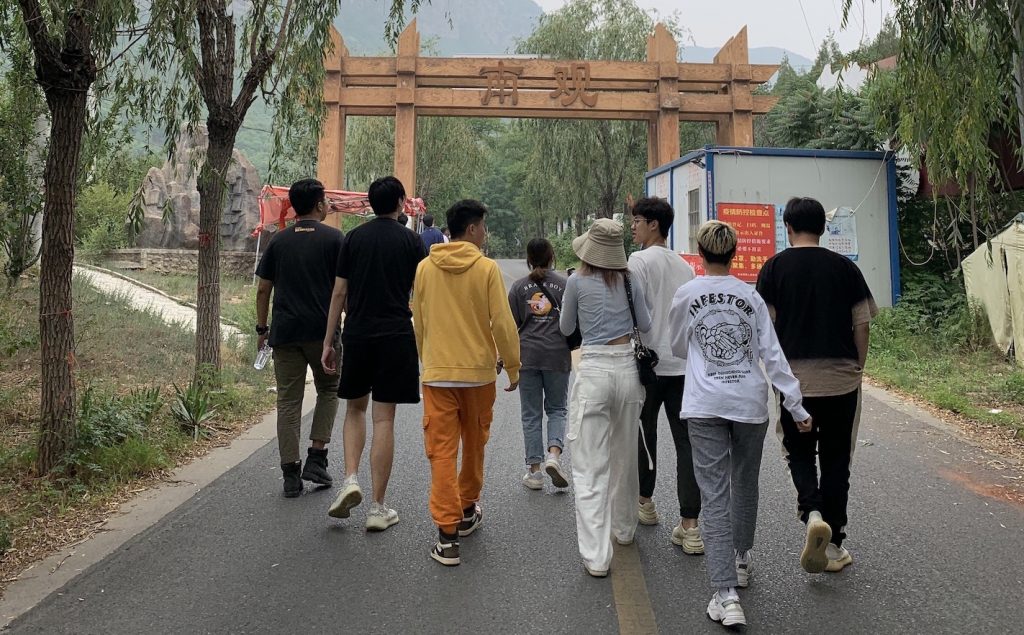
Environmental Ethics and Teaching Social Values for Sustainability at TBC
In light of ongoing global environmental awareness, TBC has established educational practices and lectures that encourage pro-environmental values and incorporate social values that nurture the Care of our Common Home spirit. A crucial component of TBC’s environmental education is ethical analysis and how students can learn through practice and theory, beginning with increasing awareness of local efforts towards sustainability and enriched living quality on Earth. By providing hands-on experiences for students, we work towards framing the process of environmental sustainability while becoming more involved in local communities and taking small steps to help safeguard the planet.
As part of the TBC curriculum and learning environment, students have the space for discussions on environmental-friendly perspectives and implementation methods. Meanwhile, Beijing gives students the opportunity for local learning to see how resources and practices are being utilized towards environmental sustainability. Recently, our current American Pathway Program students visited a local afforestation project site in Qinglonghu, a suburb in Beijing, to learn more about how forestry is harnessed to help decrease the carbon footprint.
The Carbon Sink Afforestation Project is one of the first projects of its kind, endorsed by the China Green Carbon Sink Foundation, in order to accumulate carbon sinks* in response to climate change. As the first carbon sink afforestation project in Beijing since 2008, the National Forestry and Grassland Administration has been developing this project in a pragmatic effort to effectively absorb carbon through forests and reverse environmental damage. This way, the forests act as carbon sinks, absorbing more carbon dioxide than they release in order to maintain manageable levels of carbon in the atmosphere.
After an initial welcome by Qinglonghu mayor Shen Changquan on-site, TBC students were guided by the project leader of the carbon sink project, Yuan Jinhong, through two carbon sink breeding grounds. A vast land of interbred forests, with 90 trees per acre of local species, is now the site of a previously bare piece of land, void of vegetation. In achieving this growing forest, the project manager explained that the planting of trees was carried out through the concept of carbon sink reforestation to store carbon dioxide. The process follows a strict criterion used to measure the amount of carbon sinks generated using biomass models of different tree species. Special technicians from the Beijing Forestry University regularly visit the site to ensure that the tree metrics align with the expected carbon sinks. The ultimate goal of this project is carbon neutrality in China, to be executed by 2060.
These experiences and projects also promote drawing on more prosperous sources of values and ethics, many of which are guided by the Jesuit spirit, specifically, Care for our Common Home. Known as Laudato Si: Care for our Common Home in the Jesuit community, it begins with the recognition that incessant exploitation and destruction of the environment is happening, and therefore, making all humans responsible for the challenges of climate change and environmental sustainability, as part of this planet. For this reason, collective cooperation is necessary towards sustainable development as well as gentler living for people. The ability to nurture the common home stems from the ability to achieve a healthy and thriving environment that elevates individual betterment, and in turn, collective growth. With this in mind, TBC consciously strives to facilitate environmental ethics and Care for the Common Home by educating students, spreading awareness, and ongoing communal involvement.
*Carbon sink: a forest, ocean, or other natural environment viewed in terms of its ability to absorb carbon dioxide from the atmosphere.
Founded in 2010, the China Green Carbon Foundation (CGCF) is the first nationwide non-profit public funding foundation dedicated to combating climate change by increasing carbon sink in China. The precursor of the Foundation is China Green Carbon Fund, founded in 2007. CGCF, approved by the State Council, was registered at the Ministry of Civil Affairs and operated under the governance of the State Forestry Administration of the PRC. CGCF provides a platform for enterprises and citizens to fulfill their social responsibility by storing carbon credit mainly through forestry measures.
The State Forestry and Grassland Administration is an administration of the People’s Republic of China, in charge of the national forestry affairs. It was founded in 1949 as the Ministry of Forestry and Farming. On November 5, 1951, it changed to the Ministry of Forestry, and the farming section was transferred to the Ministry of Agriculture. On March 10, 1998, it was renamed State Forestry Administration. On April 10, 2018, following a wider national institution reform, the name was changed to State Forestry and Grassland Administration. The administration is under the management of the Ministry of Natural Resources.



